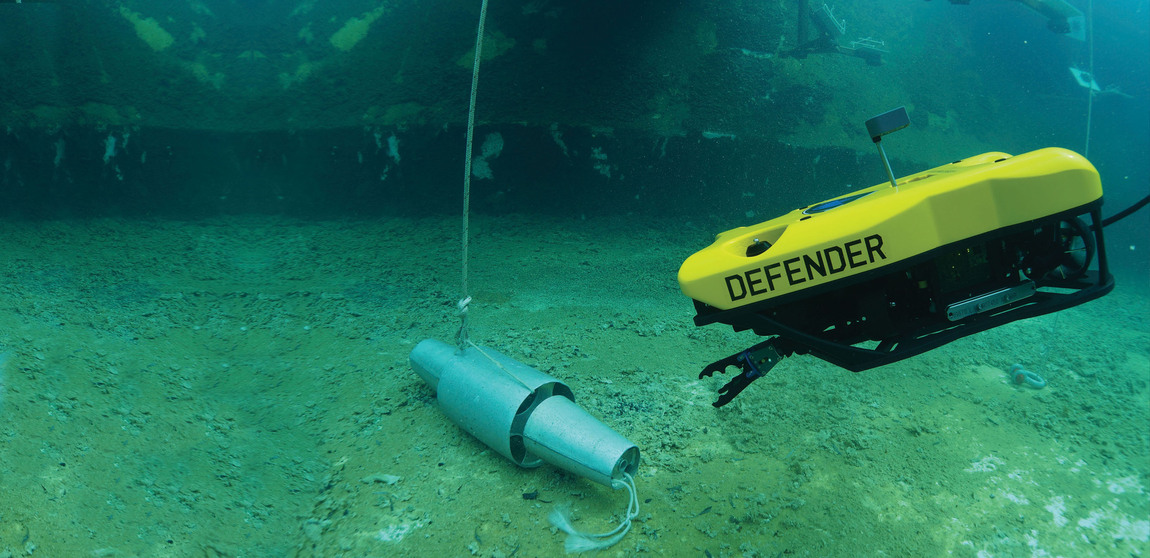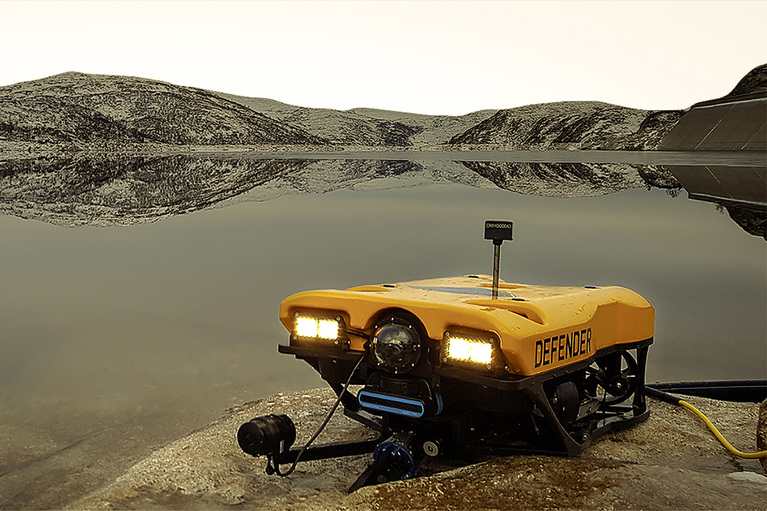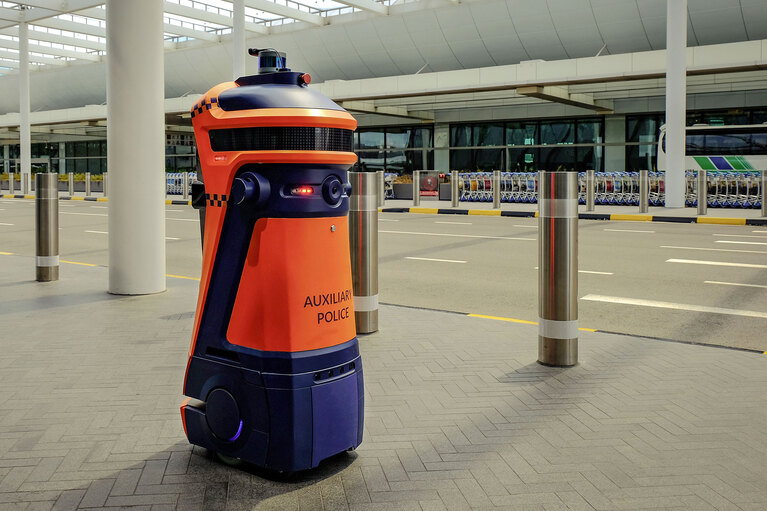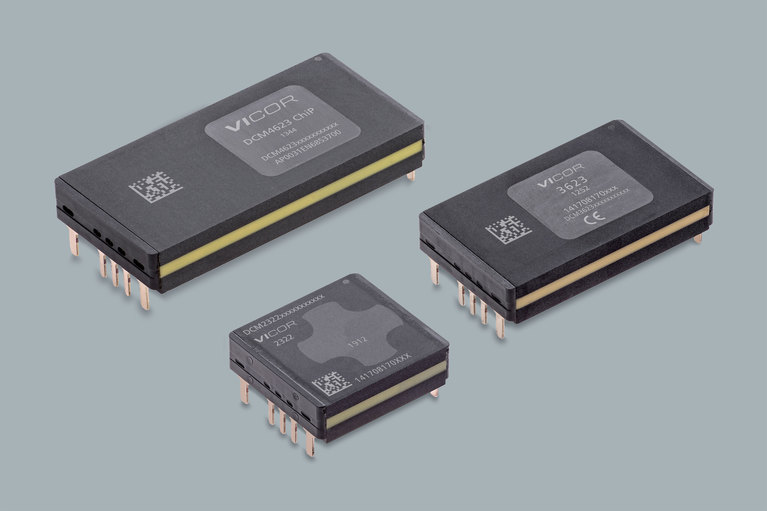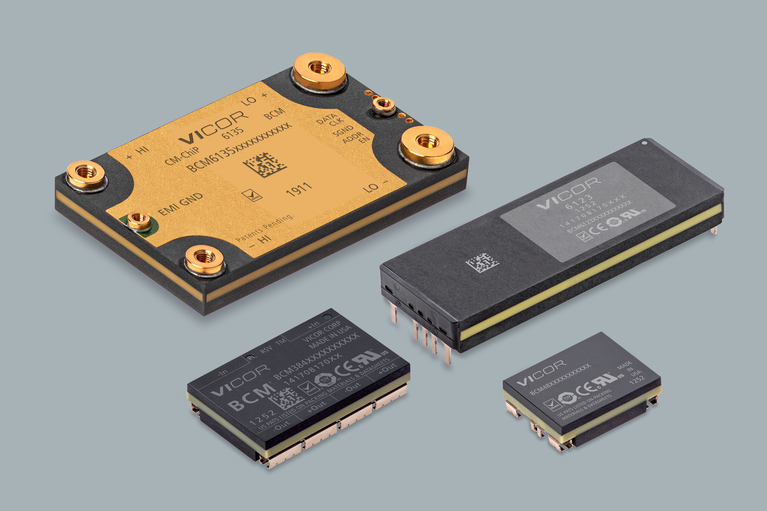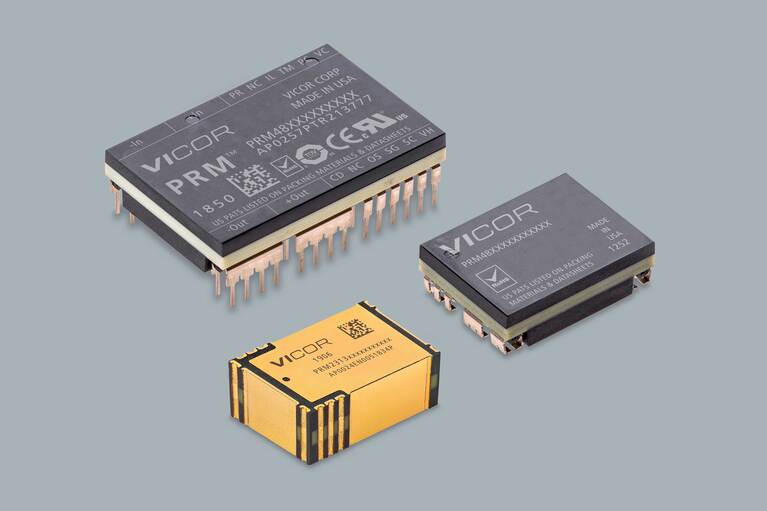Revolutionizing underwater exploration
Revolutionizing underwater exploration
Underwater explorations are time-consuming, costly and often times very risky — putting lives in danger. But that is quickly changing with advancements in ROV (Remotely Operated Vehicles) technologies. VideoRay, a leader in underwater ROVs, has distinguished its product line with the capability to quickly adapt to today’s toughest aquatic missions. Their sophisticated systems and proprietary modular design approach allows them to rapidly configure and deploy ROVs for custom missions. From mine counter measures and underwater search and rescue to port security and surveillance, VideoRay’s ROVs are helping achieve results faster, more easily, and more safely.
Customer challenge
Power delivery network challenges

Lightweight

Scalable power

Low EMI
Podcast
Powering Innovation podcast
VideoRay drives safe, effective underwater exploration leveraging AI and today’s newest technologies LISTEN NOWDesign flexibility and high density demands
Design flexibility and high density demands
VideoRay’s modular design approach offers unprecedented flexibility to quickly design ROVs for custom missions. To deliver the proper performance for each mission, a highly adaptable modular power system is needed to meet varying payloads and demands for each different ROV.
Designed to handle missions with size, weight, and deployment speed constraints, VideoRay ROVs are distinguished by their powerful thrust, longer tether lengths, higher resolution video, and their interchangeable, modular systems. Furthermore to ensure greater maneuverability at greater depths each new configuration requires high density power and efficient conversion customized to suit that mission.
Why Vicor
Why Vicor

Up to 2,400W/in³ power densities

High efficiency

Low noise topology
Robotics webinars
Modular power for modular ROVs
The VideoRay flexible ROV design can be powered in three ways: by a long tether, by onboard batteries, or by a short tether, even as the onboard electronics remain relatively the same.
VideoRay takes advantage of modular power delivery networks enabled by Vicor high-density, high-efficiency power modules. Vicor DCM DC-DC converters deliver 48V from the long tether’s 400V, and PRM regulators deliver 48V from a redundant 48V onboard battery source. High-efficiency fixed-ratio low-voltage BCMs are used in both cases to convert that 48V to voltages needed for electronics and payloads.
Versatile high-voltage BCM modules are also used in a top-side system to generate the 72V short-tether voltage. Leveraging Vicor proprietary Sine Amplitude Converter topology the BCMs extend from 48V to 800V inputs with various K factors to suit a wide range of applications.
High-voltage BCMs are able to reach peak efficiencies of 98% and achieve power densities up to 2,400W/in³. Multiple BCMs can be used with their inputs in parallel into high-power arrays and their outputs connected in series and/or parallel to achieve even higher output voltages and/or currents than a single module.
The power delivery network

For longer tethers, the 400V output from the rectifier directly feeds the tether. On the ROV the tether voltage is isolated and regulated to 48V by DCM DC-DC converters. The design uses DCMs with different inputs depending on the tether voltage. The regulated 48V rail directly powers the thrusters and two BCM DC-DC transformers with 95% efficiency provide the 24V and 12V outputs for other onboard electronics.

When the ROV is powered by two redundant 48V batteries, an array of PRM regulators stabilize the 48V output of each battery. These outputs are then combined. In both cases, the onboard control electrical system is the same, with only the 48V delivery network changing to accommodate the different power source.

For short tethers, the ship’s rectified AC supply is converted to a 72V tether voltage using three high-voltage BCMs with outputs connected in series. Inside the ROV, the 72V is down-converted to 12V.
